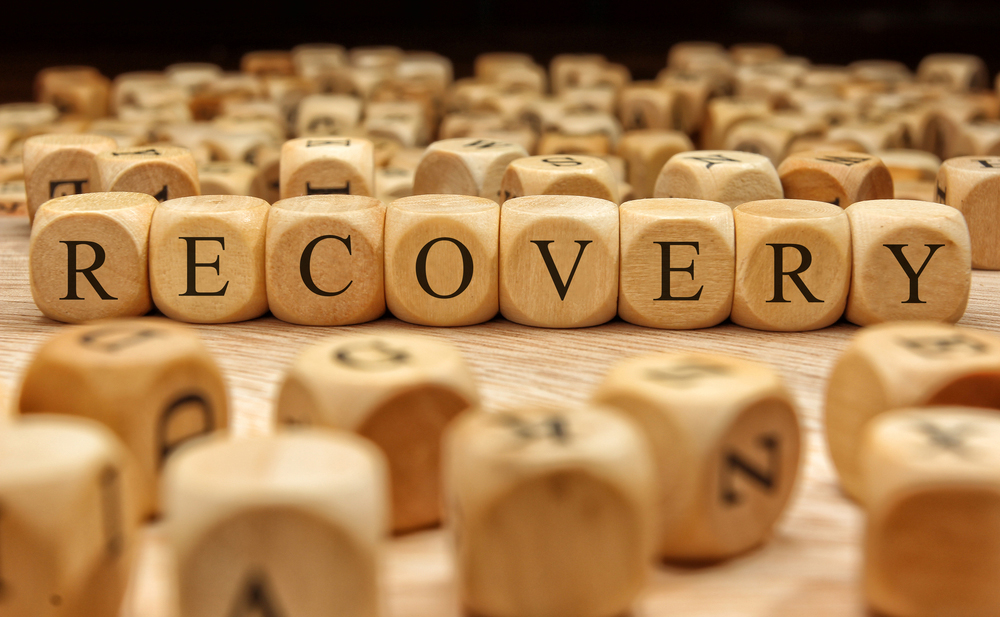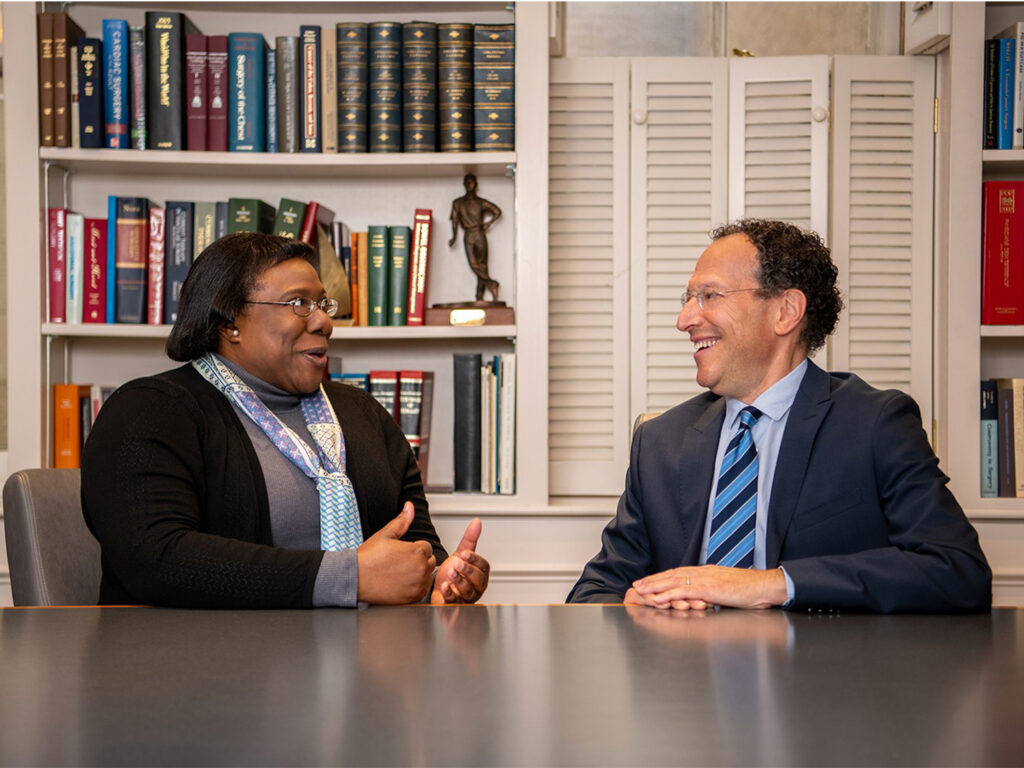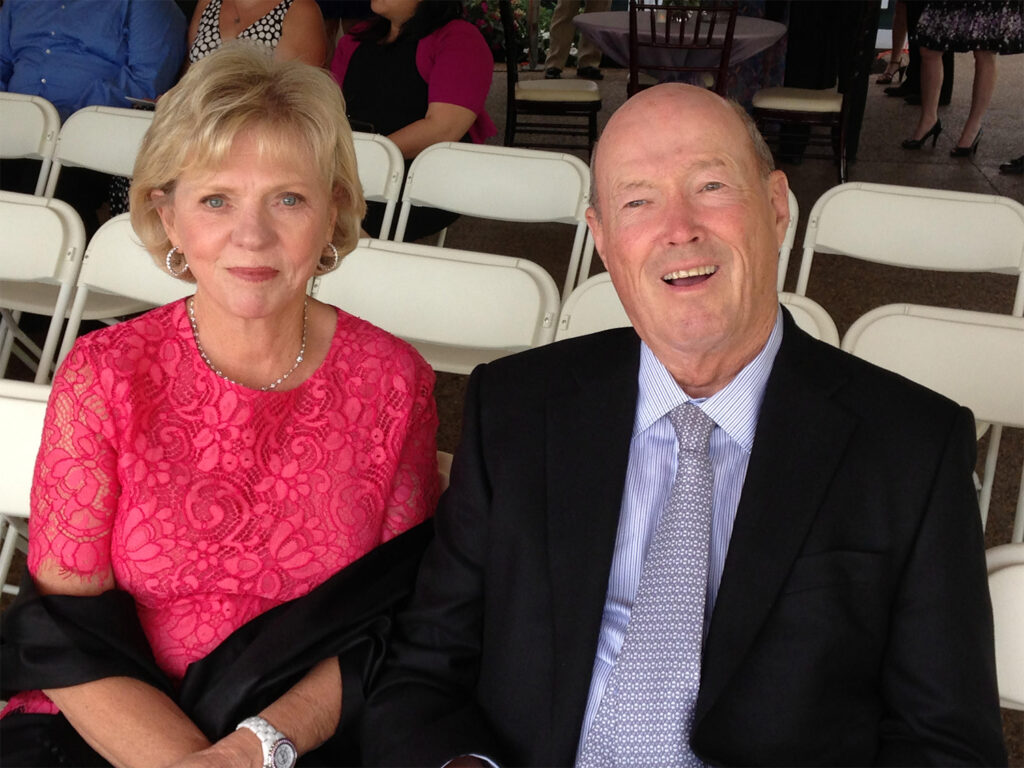Brief, text-based, self-administered exercises can significantly increase in-the-moment happiness for adults recovering from substance use disorders, report researchers at the Massachusetts General Hospital Recovery Research Institute. The study, published online in the Journal of Substance Abuse Treatment, is the first of its kind to test whether positive psychology exercises boost happiness in persons recovering from substance use.

“Addiction scientists are increasingly moving beyond the traditional focus on reducing or eliminating substance use by advocating treatment protocols that encompass quality of life. Yet orchestrated positive experiences are rarely incorporated into treatment for those with substance use disorders,” says lead author Bettina B. Hoeppner, PhD, senior research scientist at the Recovery Research Institute.
Reliving Happy Moments
Through a randomized, online survey, more than 500 adults who reported current or previous problematic substance use were assigned one out of seven short, text-based exercises that took an average of four minutes to complete. Five of these exercises were happiness exercises, which were designed to boost happiness; the other two exercises were control exercises that focused on neutral or challenging experiences. Participants reported the greatest gains in happiness after completing an exercise called “Reliving Happy Moments,” in which they selected one of their own photos that captured a happy moment and entered text describing what was happening in the picture.

• Upping the Odds for Addiction Recovery
• Kraft Center Launches Mobile Health Initiative
• Substance Use Disorders Draw Collaboration
• MGH Initiative Aims for Addiction Treatment and Prevention
An exercise called “Savoring,” in which participants described two positive experiences they noticed and appreciated during the preceding day, led to the next highest gains in happiness, followed by “Rose, Thorn, Bud,” in which they listed a highlight and a challenge of the preceding day and a pleasure they anticipated the following day. Conversely, “3 Hard Things,” in which participants were asked to write about challenges they had faced during the preceding day, led to a significant decrease in happiness.
More Sustainable Recovery
The authors note that the ease of use and effectiveness of these positive psychology exercises suggest they may be promising tools for bolstering happiness during treatment, which may help support long-term recovery.
“These findings underscore the importance of offsetting the challenges of recovery with positive experiences,” says Dr. Hoeppner, an associate professor of Psychology in the Department of Psychiatry at Harvard Medical School. “Recovery is hard, and for the effort to be sustainable, positive experiences need to be attainable along the way.”
The co-authors of the Journal of Substance Abuse Treatment report are Hannah Carlon and Susanne Hoeppner, PhD, of the Recovery Research Institute, and Melissa Schick, a University of Rhode Island graduate student.
For more information about the Mass General Substance Use Disorders Initiative or to make a donation, please contact us.






